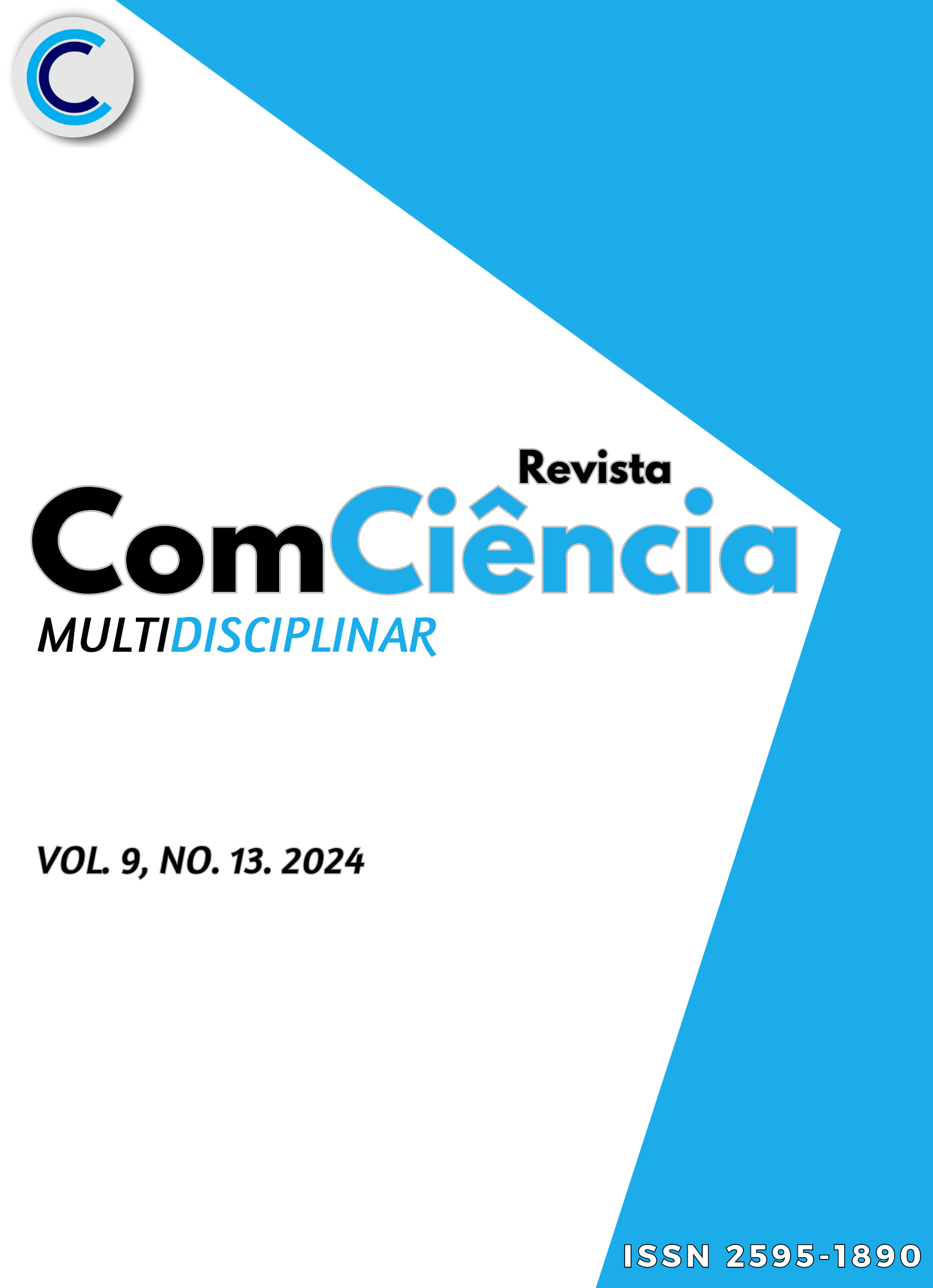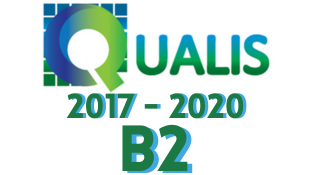The genre letter as an active methodology in heritage education teaching for young people and elderly people
DOI:
https://doi.org/10.36112/issn2595-1890.v9.i13.e9132404Keywords:
Patrimony, Generations, Addressed writing, DialogueAbstract
This study proposed to use the textual genre letter as a methodology to identify the perspectives of young and old people regarding the importance of preserving heritage, as well as promoting the exchange of knowledge between generations, in order to break the age barrier between the participants. The work is built under an analysis of the functioning of the personal letter. It is based on the study by Silva (2002), in which the key aspects of the textual genre letter are presented, as well as its dynamics of construction, sending and impacts on those involved. It was possible to verify that one of the main advantages of using addressed writing was the possibility of breaking with the idea of education within the school walls, in addition, another issue was that this activity enabled communication between people who were geographically and age distant, not only that, but coming up with solutions together to ensure that the erasure and destruction of heritage does not continue.
Downloads
References
ANDRADE, Monica Cristina da Silva; VASCONCELLOS, Roberta Flávia Ribeiro Rolando; MARTINS, Herbert Gomes. Guia de metodologias ativas para professores de ensino de ciências na educação básica. Duque de Caxias, RJ: UNIGRANRIO, 2020. Disponível em: <https://educapes.capes.gov.br/handle/capes/599500> Acesso em: 6 jun. 2023.
BASTOS, Rossano Lopes; FUNARI, Pedro. “Public Archaeology and Management of the Brazilian Archaeological-Cultural Heritage”. Handbook of South American Archaeology. New York: Springer, 2008.
CACHIONI, Meire et al. Metodologias e Estratégias Pedagógicas utilizadas por Educadores de uma Universidade Aberta à Terceira Idade. Educação & Realidade, Porto Alegre, v. 40, n. 1, p. 81-103, 2015. DOI: http://dx.doi.org/10.1590/2175-623645741. Disponível em: https://www.scielo.br/j/edreal/a/rnkWvrrHNGM5j6sMc3sHLzm/?format=pdf&lang=pt. Acesso em: 6 mar. 2023.
CARVALHO, Aline Vieira de; FUNARI, Pedro Paulo Abreu. “Arqueologia e patrimônio no século XXI”: as perspectivas abertas pela arqueologia pública. Encontro de História da Arte, Campinas, SP, n. 3, p. 133–140, 2007. DOI: 10.20396/eha.3.2007.3667. Disponível em: https://econtents.bc.unicamp.br/eventos/index.php/eha/article/view/3667. Acesso em: 19 mar. 2023.
DOURADO, Simone Pereira da Costa. A pandemia de COVID-19 e a conversão de idosos em “grupo de risco”. Cadernos de Campo, São Paulo, v. 29, p.153-162, 2020. DOI: https://doi.org/10.11606/issn.2316-9133.v29isuplp153-162. Disponível em: https://www.revistas.usp.br/cadernosdecampo/article/view/169970/162659. Acesso em: 19 jul. 2022.
FREIRE, Paulo. Extensão ou Comunicação? São Paulo: Paz e Terra, 2020.
FREIRE, Paulo. Pedagogia do oprimido. São Paulo: Paz e Terra, 2009.
Instituto do Património Histórico e Artístico Nacional. Educação Patrimonial: histórico, conceitos e processos. Histórico, conceitos e processos. Brasília, DF, 2014. Disponível em: http://portal.iphan.gov.br//uploads/publicacao/EduPat_EducacaoPatrimonial_m.pdf. Acesso em: 12 jan. 2023.
SCHUCH, Patrice; VÍCTORA, Ceres Gomes; SIQUEIRA, Monalisa Dias de. Cuidado e controle na gestão da velhice em tempos de Covid-19. In: MATTA, Gustavo Corrêa et al. Os impactos sociais da Covid-19 no Brasil: populações vulnerabilizadas e respostas à pandemia. 2021. Rio de Janeiro: Editora FIOCRUZ, Observatório Covid 19, 2021, p. 149-157. Disponível em: https://books.scielo.org/id/r3hc2. Acesso em: 19 jul. 2022.
SCIFONI, Simone. Conhecer para preservar: uma ideia fora do tempo. Revista Cpc, [S.L.], v. 14, n. 27, p. 14-31, 30 ago. 2019. Universidade de São Paulo, Agencia USP de Gestão da Informação Acadêmica (AGUIA). DOI: http://dx.doi.org/10.11606/issn.1980-4466.v14i27espp14-31. Disponível em: https://www.revistas.usp.br/cpc/article/view/157388. Acesso em: 19 mar. 2023.
SILVA, Jane Quintiliano Guimarães. Um estudo sobre o gênero carta pessoal: das práticas comunicativas aos indícios de interatividade na escrita dos textos. 2002. 209 p. Tese (Doutorado) - Curso de Programa de Pós-Graduação em Letras, Faculdade de Letras, Universidade Federal de Minas Gerais, Belo Horizonte.
TOLENTINO, Átila Bezerra. O que não é educação patrimonial: cinco falácias sobre seu conceito e sua prática. In: TOLENTINO, Átila Bezerra. BRAGA, Emanuel Oliveira. Educação Patrimonial: políticas, relações de poder e ações afirmativas. João Pessoa: IPHAN-PB, 2016. p. 38-47. Disponível em: http://portal.iphan.gov.br/uploads/publicacao/caderno_tematico_educacao_patrimonial_05.pdf. Acesso em: 06 fev. 2023
Downloads
Published
How to Cite
Issue
Section
License
Copyright (c) 2024 Revista ComCiência, uma Revista multidisciplinar

This work is licensed under a Creative Commons Attribution-ShareAlike 4.0 International License.





